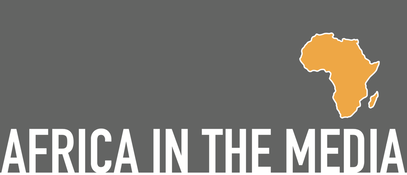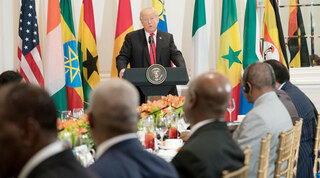 Download the Full Report
Download the Full Report

|
The Norman Lear Center's Media Impact Project researches how entertainment and news influence our thoughts, attitudes, beliefs, knowledge and actions. We work with researchers, the film and TV industry, nonprofits, and news organizations, and share our research with the public. We are part of the University of Southern California's Annenberg School for Communication and Journalism.
|
|
